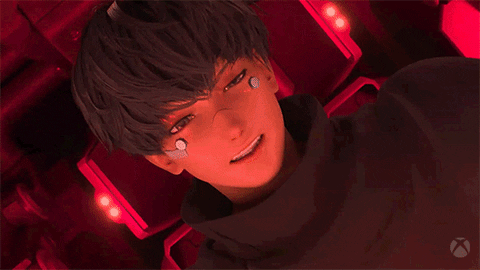Ender's Game, written by Orson Scott Card, is a novel that delves into various social issues through its narrative. The story revolves around young Ender Wiggin who is chosen to lead an international military force in order to prevent an alien invasion. While the book primarily focuses on themes of war and leadership, it also touches upon several important social implications that are worth discussing.
One such implication is the concept of otherness and prejudice. In the novel, Ender faces discrimination from his peers due to his small stature and perceived lack of combat skills. This highlights how society often judges individuals based on superficial characteristics rather than their true abilities or potential. It serves as a reminder that we should not make assumptions about people without getting to know them first.
Another significant social implication in Ender's Game is the role of authority and power dynamics. Throughout the story, characters are constantly manipulated by those in positions of control. This raises questions about how much autonomy individuals should have over their own lives and decisions. It also emphasizes the importance of questioning authority and standing up for one's beliefs when necessary.
In conclusion, Ender's Game offers valuable insights into various social issues such as prejudice and power dynamics. By exploring these themes through its engaging narrative, the novel encourages readers to reflect on their own attitudes towards others and consider how they can work towards creating a more equitable society.
